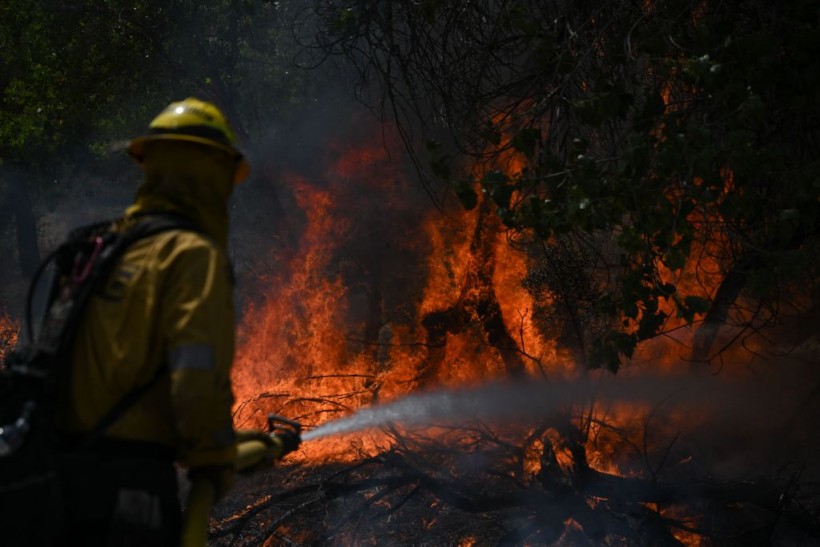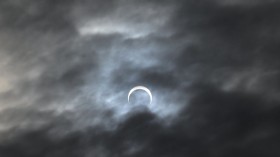Wildfires have gripped several provinces in Western Canada, including Alberta and British Columbia. Over 100 fires have been reported across the region, forcing the evacuation of many residents, according to multiple reports as of Saturday, May 6.
There was no immediate report of deaths or injuries in the catastrophic incident but has already caused widespread disruption.
Wildfire emergency measures have been implemented, in addition to evacuation orders.
Firefighters have been deployed in the affected areas as the ongoing blaze has already engulfed a large swathe of land.
A local state of emergency was also declared to gain access to funds that will be used as support for the mitigation of the fires and affected residents.
Canada is currently in its spring season, which started on March 20 and is expected to end on June 21 this year.
The season saw the return of warm temperatures following a chilling winter season.
In relation to the Western Canada wildfires, reports linked the fires with ongoing hot weather and high winds across the region, which is typical during spring and even before summer.
Western Canada Wildfires

As mentioned earlier, the wildfires have impacted several Canadian provinces in the west earlier in the week, even until the weekend.
In Alberta, raging wildfires amid intense heat and strong air pressure prompted almost 25,000 people who live across the province to evacuate, officials said, as reported by CNN.
In British Columbia, local authorities issued an evacuation order in the northeastern Peace River Regional District due to the "Boundary Lake wildfire" as of early Saturday.
Meanwhile, related wildfires were reported in the Canadian province of Saskatchewan.
Also Read: Storms With Massive 'Fire-Breathing' Clouds in Canada Caused by Wildfires
Canada Hot Weather
Over three dozen heat records were surpassed or broken on Thursday, May 4 for most parts of Alberta, according to Canadian government department Environment Canada, as cited by the country's Global News outlet.
The government agency said that a "strong upper ridge" is responsible for producing record-breaking temperatures across a large part of Alberta on Thursday, wherein it felt more like a summer heat wave than a spring heat wave.
The province was also experiencing hot weather and high winds at the time of the wildfires, according to emergency officials, as cited by CNN.
Previous Canada Wildfires
Western Canada also suffered similar wildfires in recent years, especially during the summer season.
In 2021, Canada's wildfire season saw the occurrence of the British Columbia wildfires consisting of over 1,600 fires burning in almost 8,700 square kilometers of land area.
It is the country's third worst wildfire season in recorded history, according to the Canadian Broadcasting Corporation (CBC) reported.
In 1922, wildfires killed 43 people and destroyed properties in 18 Canadian townships worth millions of dollars, The Conversation reported.
Known as the "Great Fire," the 1922 wildfires forced thousands of people fleeing their homes, making the city of Toronto and other northern Ontario towns to receive displaced residents.
Related Article: Western Canada Communities Recovering From Wildfires Take Another Blow Due to Record Rainfall
© 2024 NatureWorldNews.com All rights reserved. Do not reproduce without permission.





